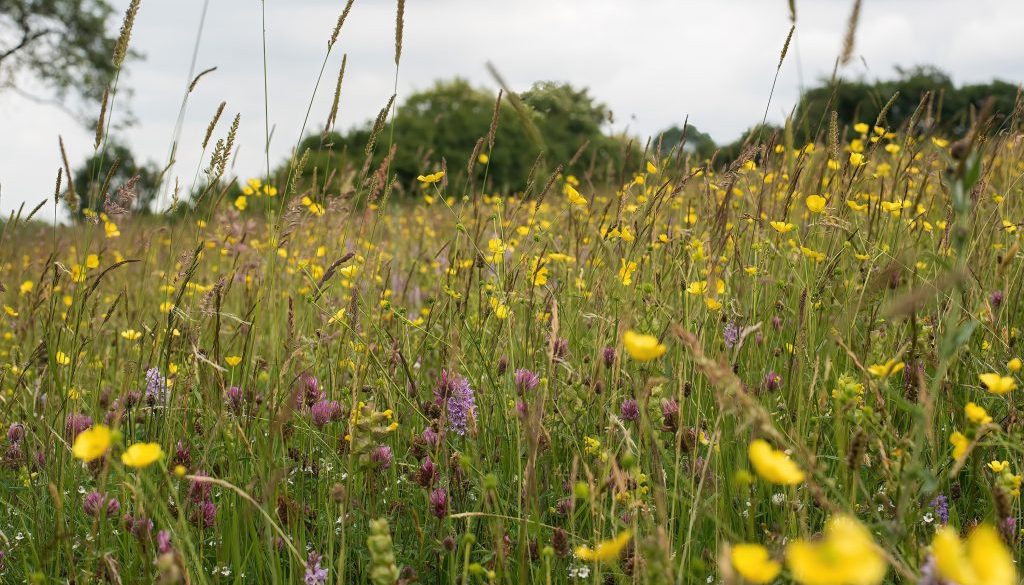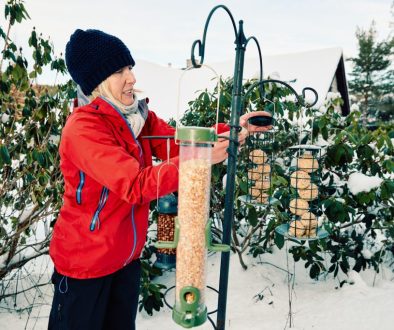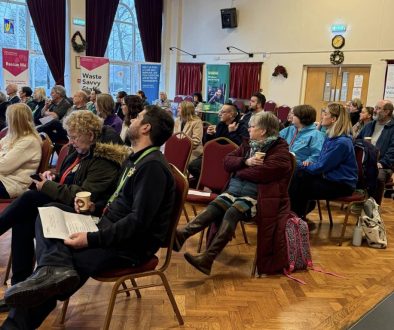The Importance of Native Plants in Staffordshire and Stoke-on-Trent
Native plants play a crucial role in maintaining the health and biodiversity of our local ecosystems. In Staffordshire and Stoke-on-Trent, these plants are perfectly adapted to the local climate and soil conditions, providing essential resources for wildlife. This November, let’s explore the importance of native plants and how we can support their growth and preservation.
Why Native Plants Matter
Native plants are the backbone of our local ecosystems. They provide food and shelter for a variety of wildlife, including birds, insects, and mammals. Unlike non-native species, native plants have evolved alongside local wildlife, creating a balanced and sustainable environment.
Key Native Plants in Staffordshire and Stoke-on-Trent
- Crab Apple – Crabapple trees are small trees known for their beautiful blossoms and colorful, often edible fruits. Crabapple trees provide valuable habitat for wildlife. The leaves are a food source for many moths, and the autumn fruits are devoured by many birds.
- Common Hawthorn – A small tree with white flowers in spring and red berries in autumn. The berries are a vital food source for birds, and the dense foliage offers excellent nesting sites.
- Field Maple – A deciduous tree with distinctive lobed leaves that turn golden in autumn. Field maples support a wide range of insects and provide seeds for birds and small mammals.
- Dog Rose – A climbing shrub with pink or white flowers and red hips in autumn. The hips are rich in vitamin C and are eaten by birds and small mammals. The flowers attract a variety of pollinators.
- Teasel – A tall plant with spiky flower heads that turn brown in autumn. Teasels provide seeds for birds, especially goldfinches, and their dried flower heads offer winter interest in gardens.
How to Support Native Plants at Home
- Plant Native Species: Choose native plants for your garden to support local wildlife. They are often more resilient and require less maintenance than non-native species. When buying plants, ensure they are grown in peat-free compost. Peat-based composts contribute to the destruction of wild habitats.’
- Create Diverse Habitats: Include a variety of plants to create a rich and diverse habitat. This will attract different types of wildlife and help maintain ecological balance.
By planting and protecting native species, we can help preserve the natural beauty and biodiversity of Staffordshire and Stoke-on-Trent. This November, let’s celebrate our native plants and the vital role they play in our environment.




